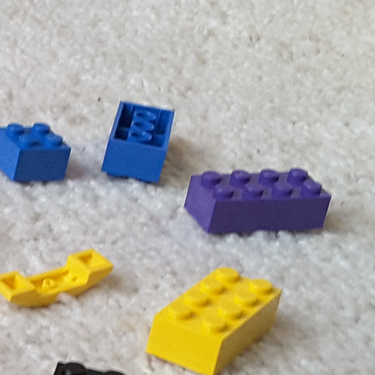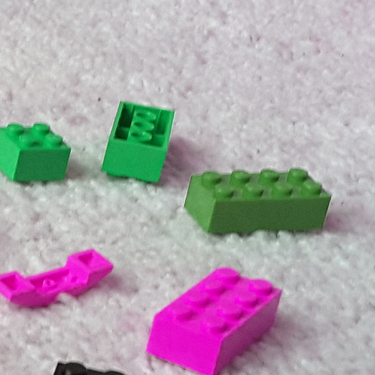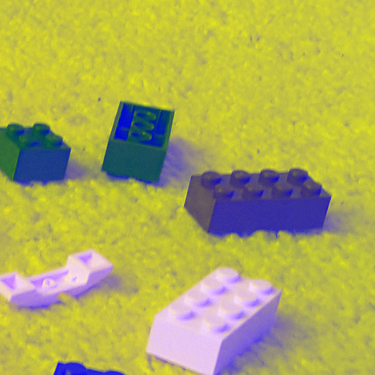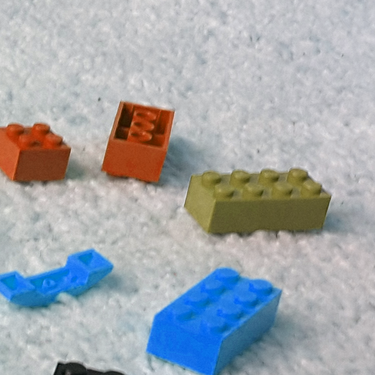Training Image Augmentation by Color
Data augmentation:
in data analysis are techniques used to increase the amount of data by adding slightly modified copies of already existing data or newly created synthetic data from existing data. It acts as a regularizer and helps reduce overfitting when training a machine learning model. from Wikipedia
The images I have don’t have any uniform distribution of colors per block type - so I was afraid my networks learn to recognize the block type by their colors.
One common advice I’ve got was to augment the data by manipulating the colors somehow.
Greyscale
The first proposal was to convert the images to grayscale. I did not like it too much - because it reduces the input data. That reduction can remove the unwanted correlation but it does not have to, and it can also erase the shape data if it conflates the color of the block and the background.
Color swaps and reversions
Then there was the proposal to reverse and/or swap random color channels. I tried that with the following code:
def rev_color(image, color):
channel = image[:,:,color]
rev_channel = 255 - channel
image[:,:,color] = rev_channel
return image
def swap_color(image, i):
b,g,r = cv2.split(image)
if i == 0:
new_channels = [g,b,r]
elif i == 1:
new_channels = [r,g,b]
else:
new_channels = [b,r,g]
new_image = cv2.merge(new_channels)
return new_imageNot very elegant - but it worked.
For the following original photo

A green and blue channels swap resulted in:

And reversion of the blue channel resulted in:

“HSV rotation”
Yet another proposal was to convert the color into HSV and then ‘turn’ the H channel by a random angle. Here is my code for that:
def move_colors(image, diff_color):
hsv = cv2.cvtColor(image,cv2.COLOR_BGR2HSV)
h,s,v = cv2.split(hsv)
hnew = np.mod(h + diff_color, 180).astype(np.uint8)
hsv_new = cv2.merge([hnew,s,v])
bgr_new = cv2.cvtColor(hsv_new, cv2.COLOR_HSV2BGR)
return bgr_newAnd the result of ‘turning the color’ by 81 degrees:

I trained my network on the original + augmented images (separately for reversions and swaps). This resulted in doubling the amount of training data, but there were no meanigful improvement in accuracy.